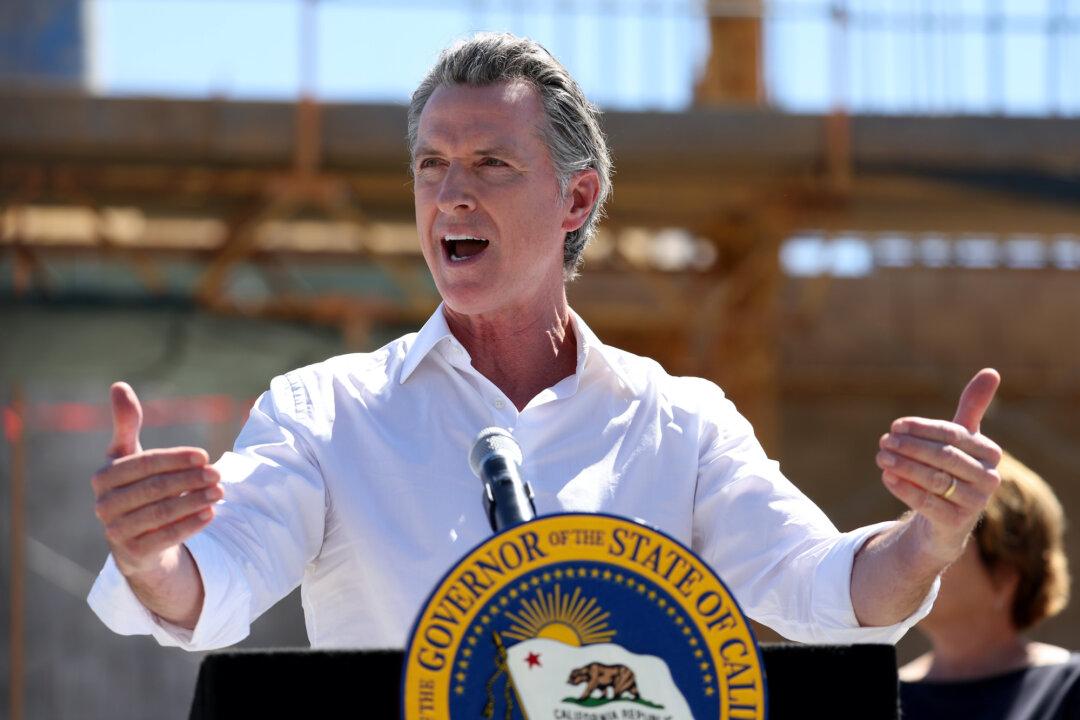California Gov. Gavin Newsom on Monday announced that he signed legislation targeting some fast food franchises to lift minimum wages to $22 per hour and change working conditions. Opponents have described the bill as “hypocritical” and “ill-considered.”
The bill will create a 10-member Fast Food Council appointed by Newsom, a Democrat, and other state lawmakers.





